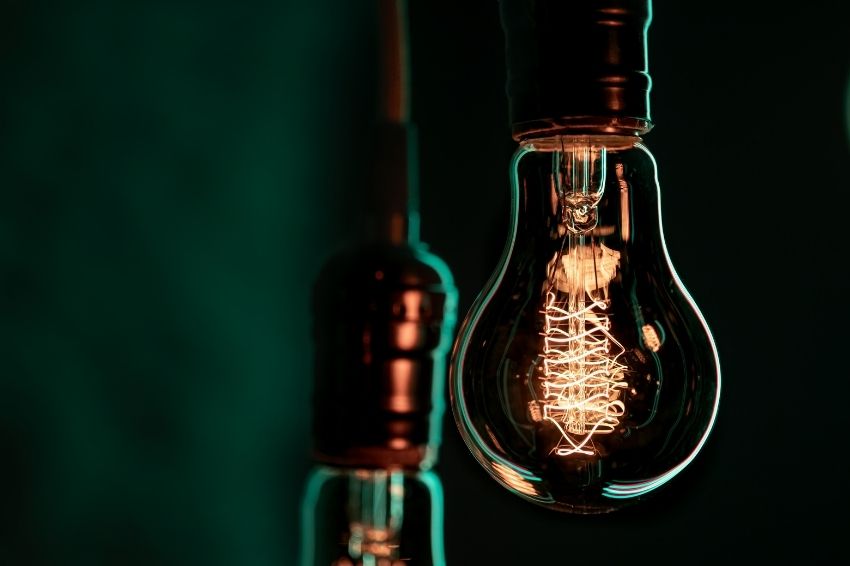Amid biggest water crisis in Brazilian history, some doubts are raised regarding the possibility of energy rationing. However, Bento Albuquerque, Minister of Mines and Energy, stated that there is no risk of this happening in 2021.
“Everything indicates that the situation is under control,” said Albuquerque in an interview with the newspaper O Globo.
Furthermore, the minister also informed that the Federal Government is preparing to take measures to avoid a lack of electricity, and that consumers will need to make more “rational” use of energy.
From this Tuesday (1), the tariff flag will be red, level 2, with a cost of R$ 6.24 for every 100 kWh consumed.
According to ANEEL (National Electric Energy Agency), the persistence of the red tariff flag occurs because June begins with the main reservoirs of the SIN (National Interconnected System) at lower levels for this time of year.
“This points to a horizon with reduced hydroelectric generation and increased thermoelectric production,” the Agency said in a statement. This measure increases the electricity bill and will require reinforcing conscious use and combating energy waste.
“The government will not be caught by surprise. We started the campaign to save electricity and water use since the end of last year. Since December we have been carrying out these communication campaigns, which will be intensified now”, highlighted the minister.
Bento Albuquerque also highlighted that the population can rest assured, as all actions are being taken to ensure that the impacts are as small as possible and so that Brazil can continue to resume economic activity.
One of the measures adopted to avoid worsening the water crisis, for example, is the relaxation of hydraulic restrictions relating to the Jupiá, Porto Primavera, Ilha Solteira, Três Irmãos, Xingó, Furnas and Mascarenhas de Moraes hydroelectric plants.
“In addition to energy issues, the aim is to guarantee the proper governance of hydraulic cascades, including the preservation of water use, throughout the dry period of 2021”, informed the CMSE (Electric Sector Monitoring Committee) in a note, after extraordinary meeting held last Thursday (27).
Know more: Consumer has a loss of R$ 8.7 billion to pay for thermal plants that do not deliver energy
ANEEL creates situation office to monitor SIN conditions
ANEEL decided, this Monday (31), to create a situation office, subordinate to the collegiate body, designed to monitor the conditions of the SIN in the 2021/2022 biennium.
According to the Agency, the Office will work in a coordinated and articulated manner with other institutions responsible for the governance of the sector and will have among its functions: continuously monitoring the situation of the SIN; support the implementation of measures deliberated within the CMSE; evaluate measures that can be implemented by ANEEL, contributing to the security of the electrical energy supply in the SIN and overcoming the water emergency situation issued by the SNM (National Meteorology System).
















